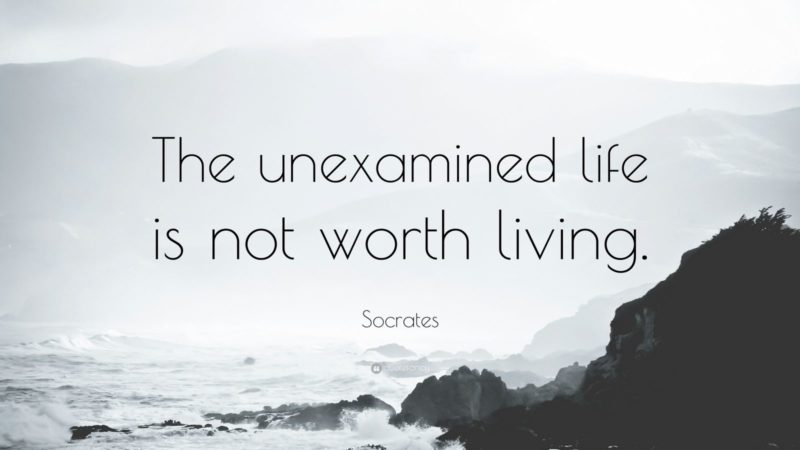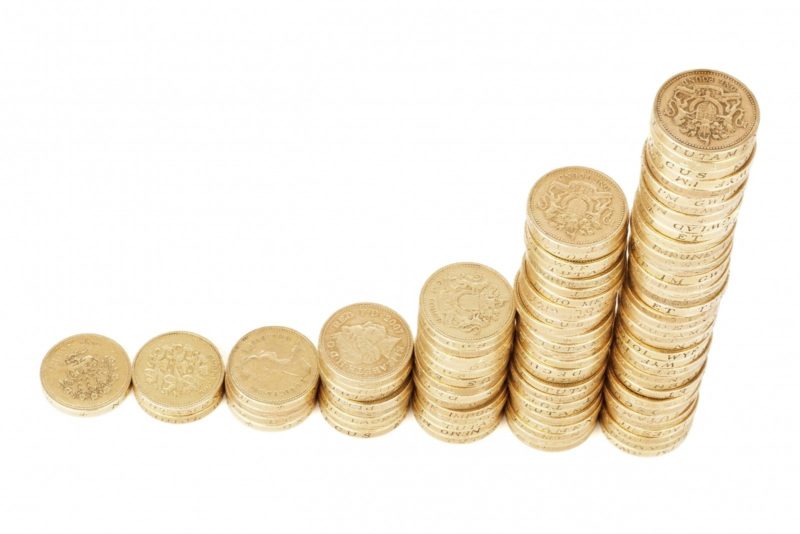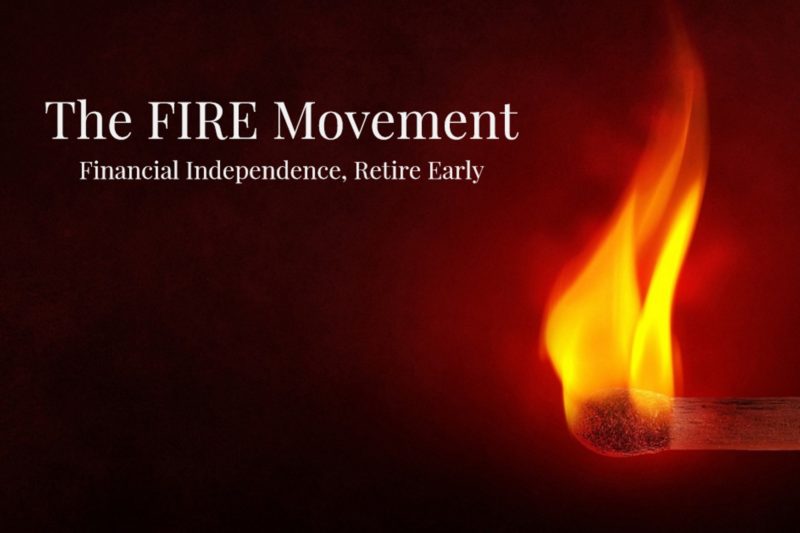
I frequently get asked why I blog so regularly, especially in the age of Instagram, Twitter, Snapchat and all the other social media platforms that are all about short form and quickly digested content.
In this post, I’ll explain why publishing my thoughts is by far the most rewarding activity for me online.
A Lifelong Journey
Since my early childhood, I remember loving both reading and writing. To me, it seems like a natural process to read, digest the information, and then come up with my conclusions and write them down. Writing things down helps me organize my thoughts better. At any point in time I am usually reading about several different topics, and unless I take the time to write things down, I feel like things are all jumbled up in my head and I can’t make the best out of the new information I’m consuming.
As I grew older, with the introduction of the internet and computers, I found myself extremely comfortable storing my writing electronically. There was no longer a need for diaries and the risk of my writing getting lost. Online and in electronic form I could take backups, easily edit my writing, and organize it in a logical way.
The real game-changer for me, however, was the introduction of the internet and the fact that I could put out my thoughts to the whole world. I feel much more comfortable writing about something than speaking about it, and feel that I can communicate better using this medium. By putting my thoughts out to the world, I got the opportunity to meet like-minded people and get feedback on my ideas.
Ever since my son was born, I also feel that by recording many of my thoughts and decisions on this blog and other private journals (I use Day One for that), my children will have a nice record of what their parents did and why they did it. It’s a kind of autobiography of sorts.
Reasons for Blogging
Blogging about different topics helps me learn. Whenever I’m learning something new, you can be sure that I’ll also be writing about it at the same time. The act of organizing thoughts and into cohesive content that can be published is a great aid in the learning process. In fact, I started the WordPress blog WP Mayor for this same reason, and that was its sole reason for existing before it grew popular and became a business in its own right.
From my experience, one of the crucial factors in a successful venture (in any area of life) is how many great connections one manages to make. There are many ways to connect with people, be it by attending conferences, running a podcast, attending meetups, etc. However, I’ve found that blogging helps create some really strong connections with people. I find it much easier to write about complex topics than explain them verbally, so when I blog, readers have the chance to experience what I think and then connect in a meaningful way based on whether they agree or disagree with what I said. I guess the perfect example of this is my post about Malta. Basically, blogging helps connect you with like-minded people and establish deep friendships.
Many times I also get the chance to meet a person briefly at a conference or meetup, so I don’t have a lot of time to talk about certain topics. I have a habit of speaking briefly about a subject and then sending the other person a deeper article on the same topic that I would have previously written on my blog, so he can then read about my thoughts on his own time and reconnect with me later if he found the content intriguing and would like to discuss further.
Readers of my blog sometimes disagree with my analysis of certain topics, and that’s a great opportunity for me to experience a different opinion and refine my thoughts. Sometimes readers will change my way of thinking about things, but even if not, it gives me the opportunity to strengthen my conviction by having to answer their challenges. I am the type of person who has a lot of strong opinions that are weakly held. So I deeply enjoy writing about something and then having someone more knowledgeable come along and make me realise that I was wrong. Unlike many people, I enjoy being proved wrong, because that means that I would have stepped up my game and now know something more than what I did yesterday.
Blogging is a great way to become a thought leader, and while this is not something that I seek actively, I’ve experienced this effect through many of my articles. There are few better ways to becoming an influencer or sharing your leadership lessons than by writing about them on a blog. When you write consistently about a topic, readers start seeing you as an expert or authority in that area. Whether you are actually an expert or not, you will see a lot of doors open where there simply were none before, and that’s a tremendous plus point in favor of maintaining a public blog.
At this point, I think it’s also worth addressing one of the most frequent criticisms I get. Many people just don’t understand why anyone would want to talk publicly about investing successes or personal challenges, saying that it might attract jealous eyes or make people see you as a weak person due to some struggles described. The answer is that yes, it will have that effect on some people, but that slight negative effect is far outweighed by the quality feedback and new connections that I enjoy through blogging.
One last but very important benefit of writing. It’s a great means of daily therapy. Some people like to draw, others sing, while I find my therapy through writing. When my head feels like it’s exploding with negative or positive thoughts, sitting down and writing about whatever’s on my mind always brings me back to a state of homeostasis.

One of my favorite quotes from Socrates is the one above.
It might be the best summary of why I love writing, journaling and blogging so much.
An unexamined life is not worth living simply because it is so important to get to know yourself and then examine the interaction between yourself and the world around you. Subject your own thoughts and ideas to examination, rather than acting on impulse. Knowing yourself will help to strengthen your knowledge and won’t allow you to get pulled by feelings so easily.
Our mind is often subconsciously dragged by popular opinion or “doxa” as the Greeks called it. Writing is my way of sitting down, examining my thoughts and experiences, and then learning the lessons I need in order to achieve progress in my life.
What are your thoughts on blogging? Have you tried it yourself?

 When searching for articles about investment and making money, you will surely come across many bloggers who publish their monthly income reports or also post net worth reports.
When searching for articles about investment and making money, you will surely come across many bloggers who publish their monthly income reports or also post net worth reports.

